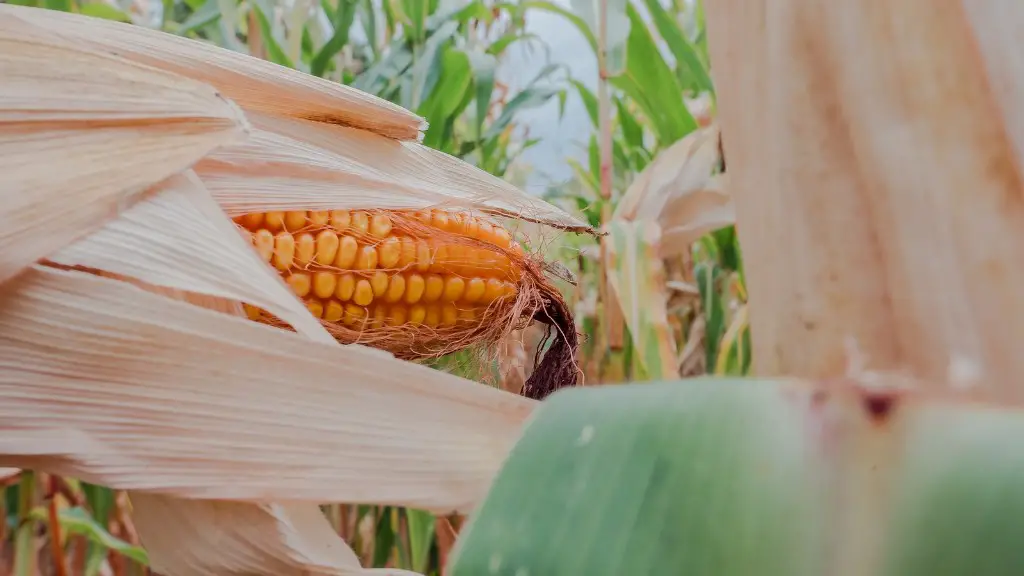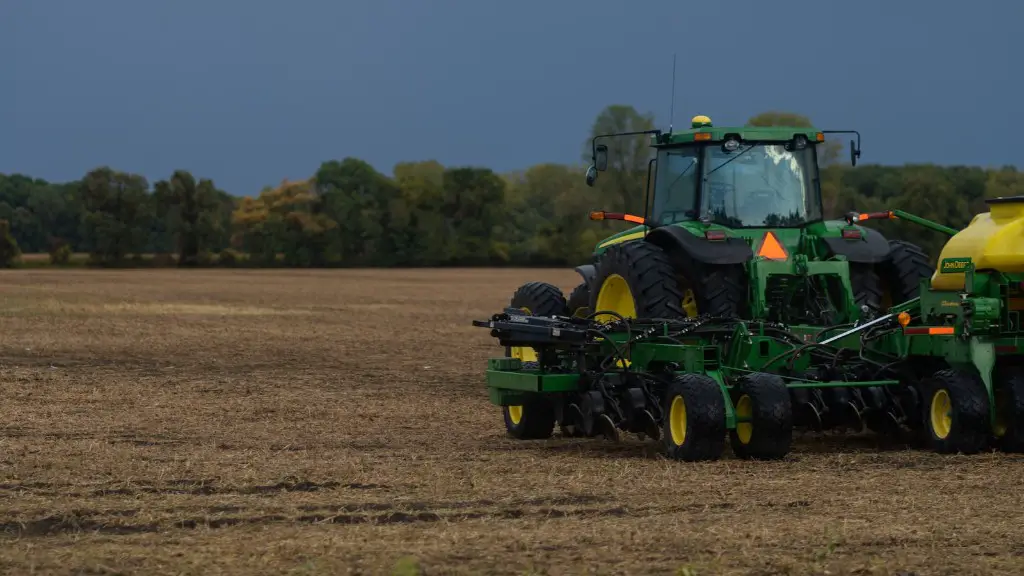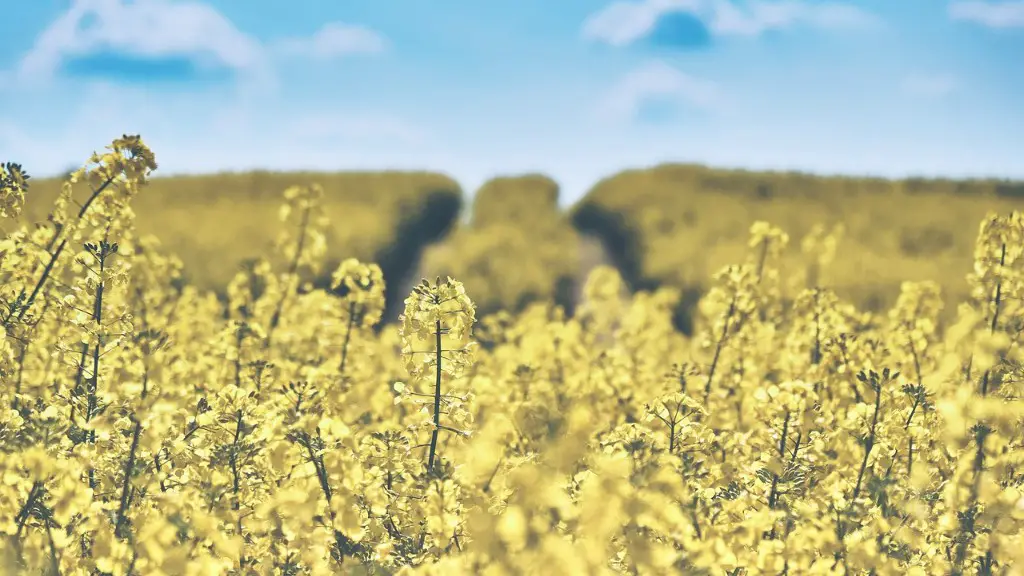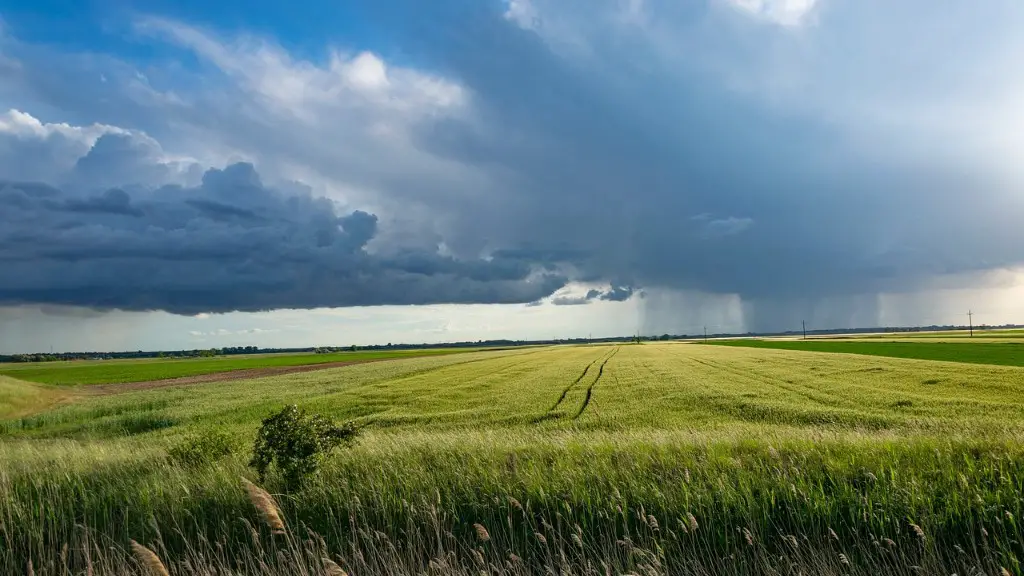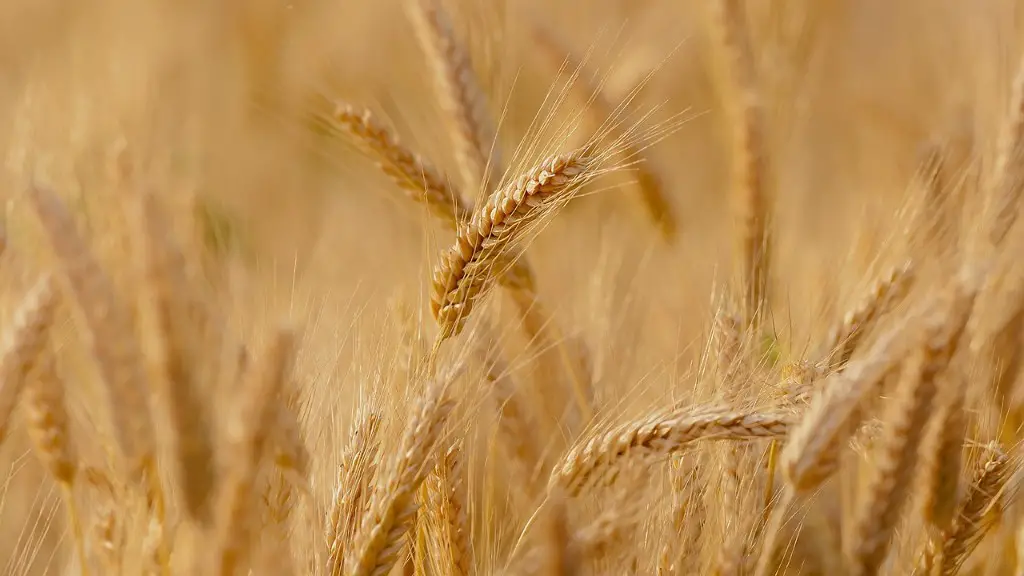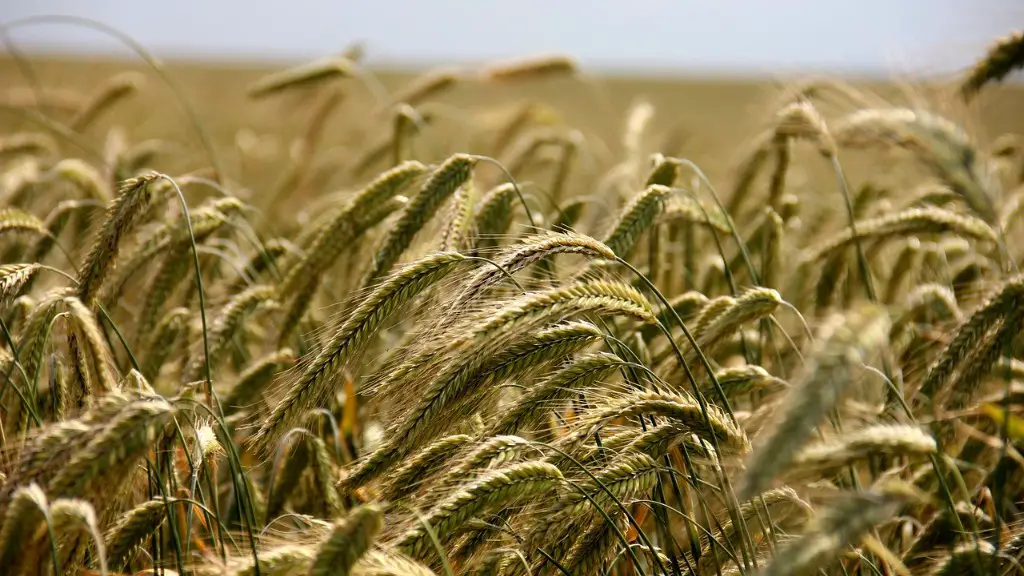In order to apply for an agriculture visa in Canada, you will need to meet the requirements set out by the Canadian government. These include having a valid passport, a letter of invitation from a Canadian farm, and proof of financial support. You will also need to undergo a medical examination and provide a police certificate. If you are coming from a country that is visa-exempt, you will need to obtain a Temporary Resident Visa.
There is no specific agriculture visa for Canada. However, depending on your country of origin, you may be eligible for a work permit under the Seasonal Agricultural Worker Program (SAWP). Alternatively, you may qualify for a work permit under the Agricultural Stream of the Temporary Foreign Worker Program (TFWP).
How do I get an agriculture visa for Canada?
The Seasonal Agriculture Worker Program (SAWP) is a special work permit program that allows foreign workers to come to Canada to work in the agricultural sector on a temporary basis. To be eligible for this program, workers must have a job offer from a Canadian employer and a valid job contract. The Canadian employer must also obtain a Labor Market Impact Assessment (LMIA) from the Canadian government.
To apply for an agricultural visa subclass 403, you must:
– have the necessary skills to perform the job you are offered
– English proficiency, for eg, at least average of 40 in IELTS (higher if the occupation requires it)
– not bring your family members
– be at least 21 (no maximum age requirement)
Can I immigrate to Canada to farm
The requirements for farmer applicants are that they must have a minimum of three years of farm ownership experience and that they must provide documents verifying they have experience operating and managing their farm. Candidates must have gained this farm ownership and operation experience in the last five years in order to be eligible.
The Agri-Food Pilot is a great way to address the labour needs of the Canadian agri-food sector. The pilot provides a pathway to permanent residence for experienced, non-seasonal workers in specific industries and occupations. It will run until May 2023. This is a great opportunity for those who want to work in the agri-food sector to get a permanent residence.
Is Canada looking for farmers?
Working a job on a farm in Canada is an amazing opportunity for foreign workers. Agriculture is one of Canada’s largest industries, and they typically employ over 61,000 foreign workers each year to help run their farms and ranches. This is a great way to get experience working in Canada, and you can learn a lot about Canadian culture and the agricultural industry. Plus, it’s a great way to earn some extra money!
If you want to come to Canada under the Seasonal Agricultural Worker Program (SAWP), you can stay for a maximum of 8 months between January 1 and December 15. You must leave Canada no later than December 15.
What is the age limit for agriculture visa?
This program is only open to individuals who are 21 years of age or older. There is no maximum age limit. Applicants must be residing in their country of origin at the time of application. Applicants cannot travel with family.
There are a few different ways that you could start your career in farming. One way would be to do a course at an agricultural college. Some examples of courses that you could take are a Level 2 Certificate in Land-based Activities, a Level 3 Diploma in Agriculture, or a T Level in Agriculture, Land Management and Production. Another way to get started in farming would be to work on a farm as a farmhand or apprentice. This would give you some hands-on experience and knowledge about the day-to-day activities involved in running a farm.
How can I apply for agriculture visa in USA
The first step in applying for a nonimmigrant visa is to complete the online Nonimmigrant Visa Application, Form DS-160. You will then need to schedule an appointment with the US Visa Appointment Service, and submit your documents at the Document Service Center (DSC). required documentation for your visa category, and pay the visa application fee.
If you’re a foreign investor considering buying agricultural land in Canada, it’s important to consult with a legal advisor beforehand to find out what restrictions may be in place in the province where you’re looking to purchase. Some provinces have very strict limitations on the amount of land that can be owned by foreigners or corporations, while others are much more lenient. Having this information will help you make an informed decision about whether or not buying land in Canada is right for you.
Which state is best for farming in Canada?
The prairie provinces of Canada are the breadbasket of the country, producing the majority of the nation’s crops. Alberta is the largest producer of beef cattle, Saskatchewan is the largest producer of durum wheat, canola and lentils, and Manitoba is the largest producer of pigs and second-largest producer of potatoes. These provinces are crucial to the Canadian economy and food supply.
The three Prairie provinces are well-known for their sprawling landscapes and ample farmland. This makes them ideal locations for growing hay and field crops. In 2021, these provinces accounted for 823% of Canada’s total farm area and 475% of the country’s total farms. With such a large amount of farmland, the Prairie provinces play a significant role in Canada’s agricultural industry.
How much are farm workers paid in Canada
The average farm worker salary in Canada is $29,673 per year or $1522 per hour. Entry-level positions start at $27,300 per year, while most experienced workers make up to $39,980 per year. Farm workers in Canada typically work on livestock farms, such as cattle or poultry farms, though they may also work on fruit or vegetable farms. They typically perform tasks such as feeding and watering the animals, cleaning the stalls, and collecting eggs.
If you are hired through the Seasonal Agricultural Worker Program (SAWP), you can work for any SAWP employer in Canada.
To be eligible for the program, you must be a citizen of a country that takes part in the program, your government recruited you, and you’ll be working for SAWP employers in Canada.
What education do you need to be farmer in Canada?
There are no specific education or training requirements for becoming a certified public accountant (CPA). However, most CPAs have a bachelor’s degree in accounting or a related field. Many CPAs also have a master’s degree in accounting or business. In order to become a licensed CPA, you must pass the Uniform CPA Examination, which is administered by the American Institute of Certified Public Accountants (AICPA).
In Canada, agriculture and agri-food businesses are subject to a combination of federal and provincial income taxes, federal and provincial sales and excise taxes, and provincial and municipal property taxes. Tax rates, exemptions and deductions on agricultural land vary from province to province.
The federal government imposes a Goods and Services Tax (GST) of 5% on the sale of most goods and services in Canada. Provincial governments also impose a Provincial Sales Tax (PST) or a Harmonized Sales Tax (HST). The HST is a single, blended tax that combines the GST with the PST. The HST is applied in the provinces of Nova Scotia, New Brunswick, and Newfoundland and Labrador.
Income taxes on farming businesses are levied by both the federal and provincial governments. The federal government imposes a corporate income tax (CIT) of 15% on the taxable income of Canadian-controlled private corporations (CCPCs). CCPCs are Canadian corporations that are not controlled by non-residents, public corporations, or by corporations that are controlled by non-residents and public corporations. Provincial governments also impose a corporate income tax, which ranges from 10% to 16%, depending on the province.
Farmers are also subject to personal income
Warp Up
There is no specific agriculture visa for Canada. If you wish to work in the agricultural sector in Canada, you will need to apply for a work permit through the Temporary Foreign Worker Program. You will need a job offer from a Canadian employer and will need to meet certain criteria to be eligible.
If you want to work in the agricultural sector in Canada, you will need to apply for an agricultural visa. This type of visa allows you to work in Canada for a specific period of time in an agricultural job. To apply for an agricultural visa, you will need to submit an application to the Canadian government.
